by Bruce Okkema
There was a famine in the land, and Abram went down to Egypt to sojourn there, for the famine was severe in the land. As he was about to enter Egypt, he said to his wife Sarai, “I know what a beautiful woman you are.” If the Egyptians see you, and think, `She is his wife,’ they will kill me and let you live. Please say that you are my sister, that it may go well with me because of you, and that I may remain alive thanks to you.
– Genesis 12:10-13
There are some passages in the Bible that we find hard to deal with, and this would certainly qualify. What good can we learn from a story in which a man asks his wife to sacrifice herself to save himself? Perhaps you are tempted to skip over such stories and jump to the next one, as I was in this case. But when we think about why certain things might be included in the biblical narrative, we have to conclude they are there for a purpose and we should study them too.
Let’s take a look at some of the details of this story to see what conclusions we might draw from it. The reality is that Abraham, like all of us, failed sometimes; he was not always “faithful.” Neither do we read that he prayed about the problem of the famine or his decision to go to Egypt for food. Also, we see the foretelling of another story in which much trouble results when God’s people go to Egypt for food without consulting Him first.
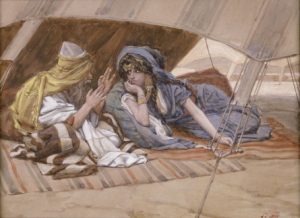 Abraham definitely knew of the danger of going there with his beautiful wife because of the licentious culture. In the pagan lands around Canaan, men let their lusts drive their actions and tried to take anything that looked desireable to them. His fears were soon realized when Pharaoh took Sarah into his house as his wife. There are other similar stories in the book of Genesis; one involves Abraham and Sarah again (Genesis 20:1-7), another, their son Isaac and his wife Rebekah (Genesis 26:1-11), and also the theme is repeated in the story from Sodom with Lot (Genesis 19:4-8).
Abraham definitely knew of the danger of going there with his beautiful wife because of the licentious culture. In the pagan lands around Canaan, men let their lusts drive their actions and tried to take anything that looked desireable to them. His fears were soon realized when Pharaoh took Sarah into his house as his wife. There are other similar stories in the book of Genesis; one involves Abraham and Sarah again (Genesis 20:1-7), another, their son Isaac and his wife Rebekah (Genesis 26:1-11), and also the theme is repeated in the story from Sodom with Lot (Genesis 19:4-8).
In all of these stories we can see the wonderful hand of God’s blessing in spite of ourselves. Abraham is given much wealth, the potential innocent victims are spared, and God afflicts the guilty parties – Pharaoh, Abimelech, the people of Sodom, with serious plagues.
God is so faithful, even when we are not, Bless His Holy Name!
Photocred: http://www.thejewishmuseum.org/onlinecollection/object_collection.php?objectid=26685&artistlist=1&an=James

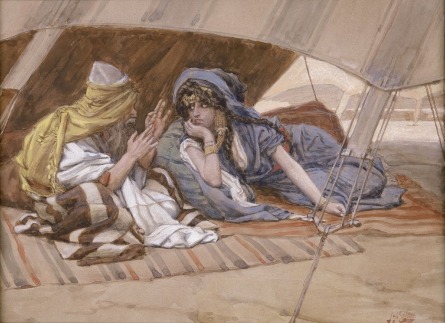
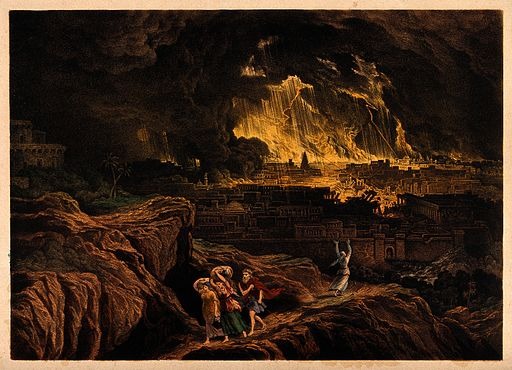
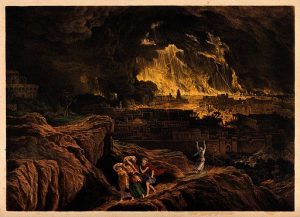
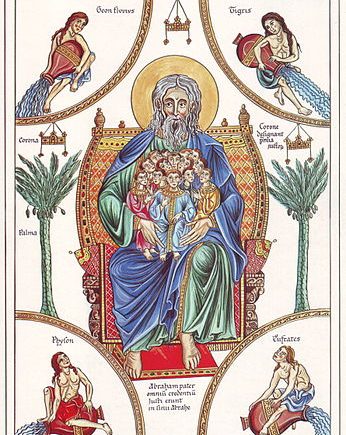
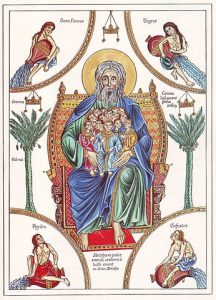


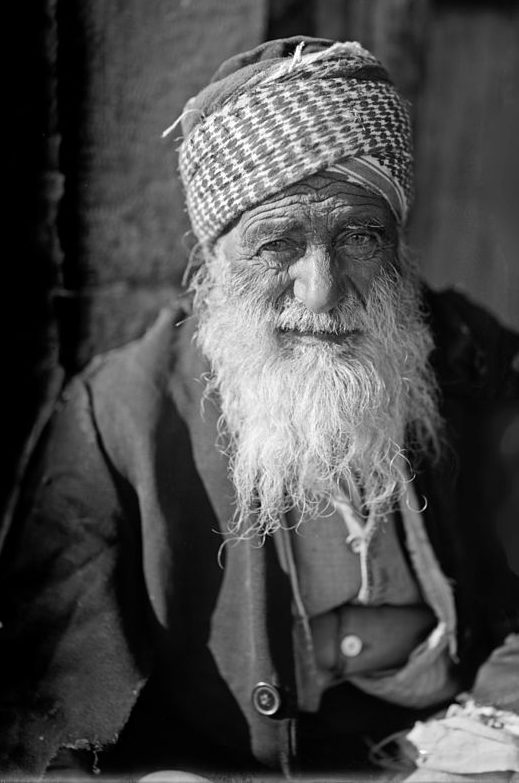 Abraham and Sarai and their little group were taking a huge risk when they left all for the Lord. The fact that they were childless at 75 when they heard the call may have made them wonder if a God who didn’t wouldn’t give them children up until now would do so now. And then 25 more years of childlessness didn’t do anything to make them feel more confident that God would fufill His promises.
Abraham and Sarai and their little group were taking a huge risk when they left all for the Lord. The fact that they were childless at 75 when they heard the call may have made them wonder if a God who didn’t wouldn’t give them children up until now would do so now. And then 25 more years of childlessness didn’t do anything to make them feel more confident that God would fufill His promises.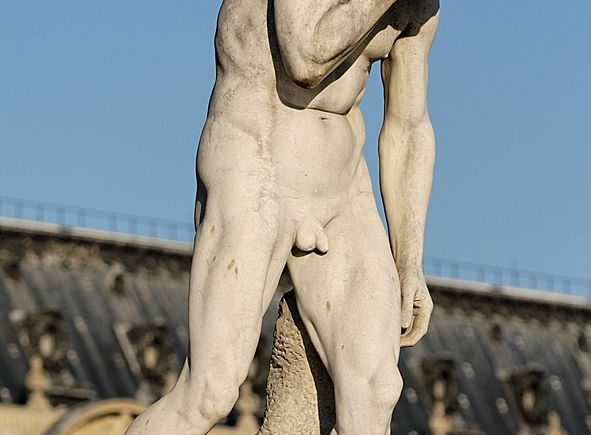
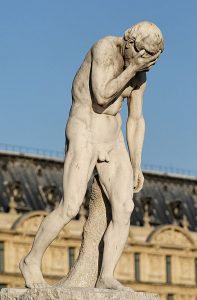
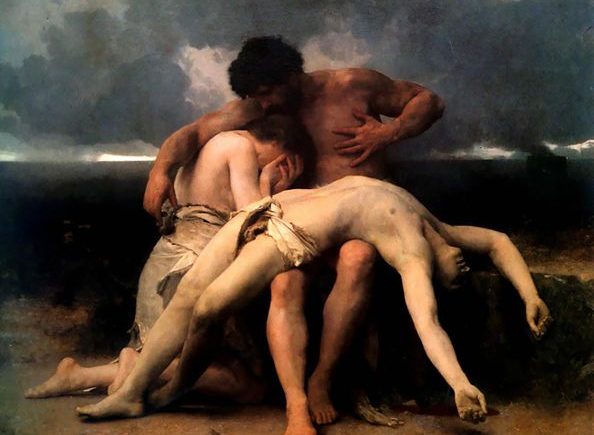
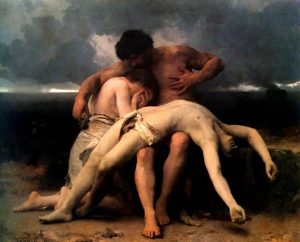
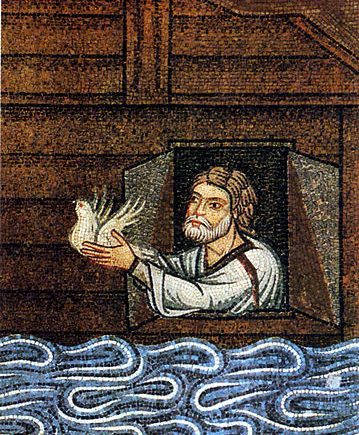
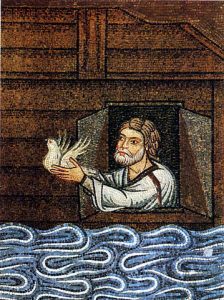


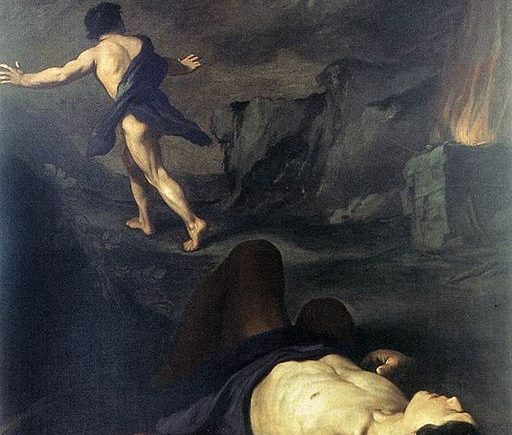
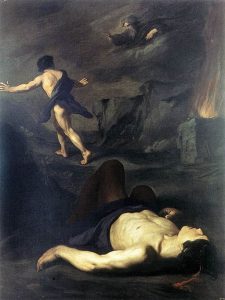 Then the LORD God called to the man, and said to him, “Where are you?” He said, “I heard the sound of You in the garden, and I was afraid because I was naked; so I hid myself.” And he said, “Who told you that you were naked? Have you eaten from the tree of which I commanded you not to eat?” The man said, “The woman whom You gave to be with me, she gave me from the tree, and I ate. Then the LORD God said to the woman, “What is this you have done?” And the woman said, “The serpent deceived me, and I ate.” Genesis 3:9-13
Then the LORD God called to the man, and said to him, “Where are you?” He said, “I heard the sound of You in the garden, and I was afraid because I was naked; so I hid myself.” And he said, “Who told you that you were naked? Have you eaten from the tree of which I commanded you not to eat?” The man said, “The woman whom You gave to be with me, she gave me from the tree, and I ate. Then the LORD God said to the woman, “What is this you have done?” And the woman said, “The serpent deceived me, and I ate.” Genesis 3:9-13